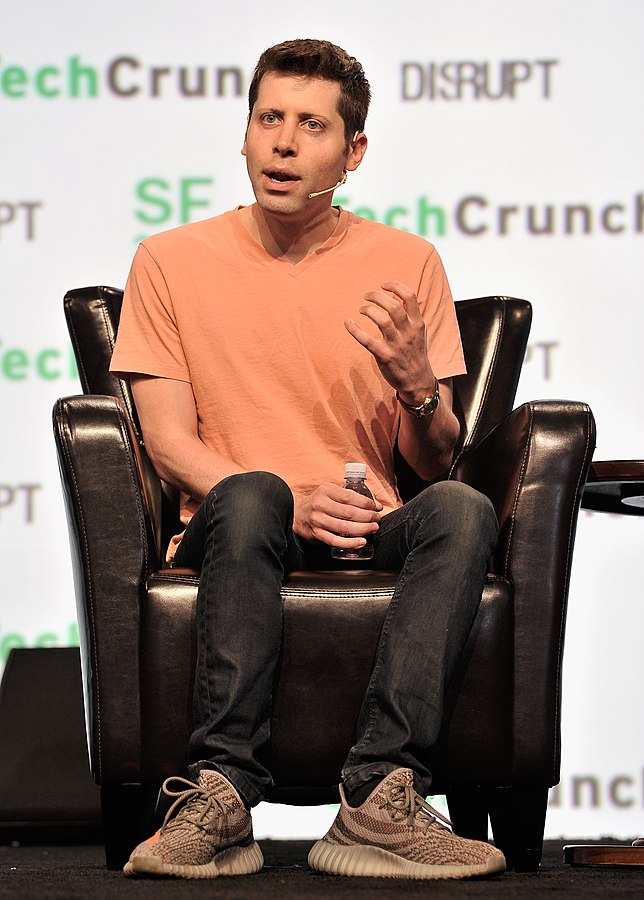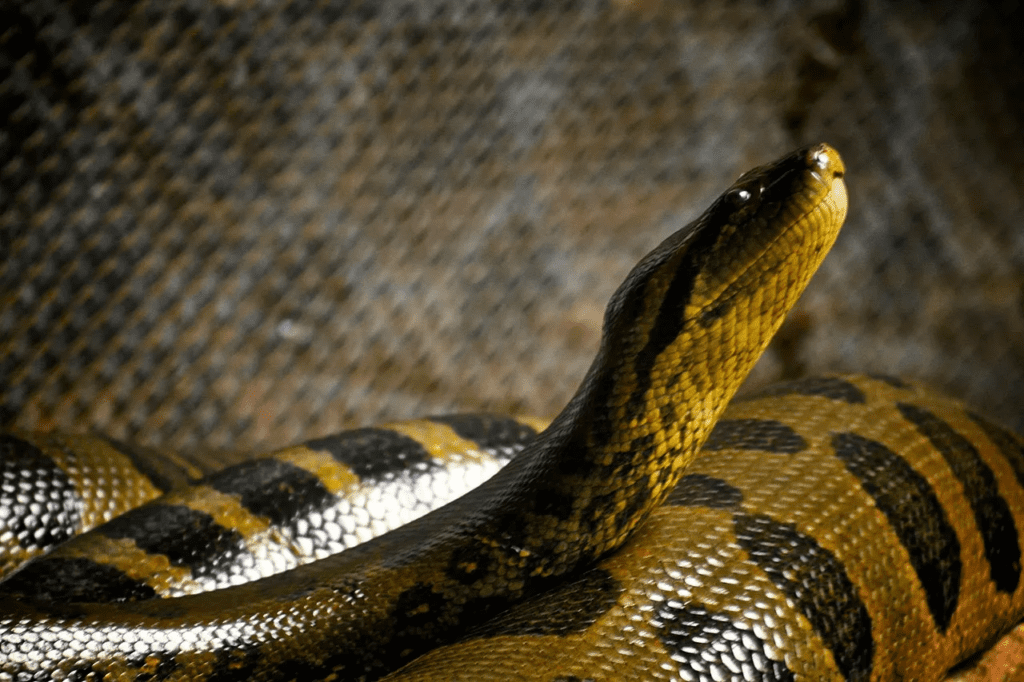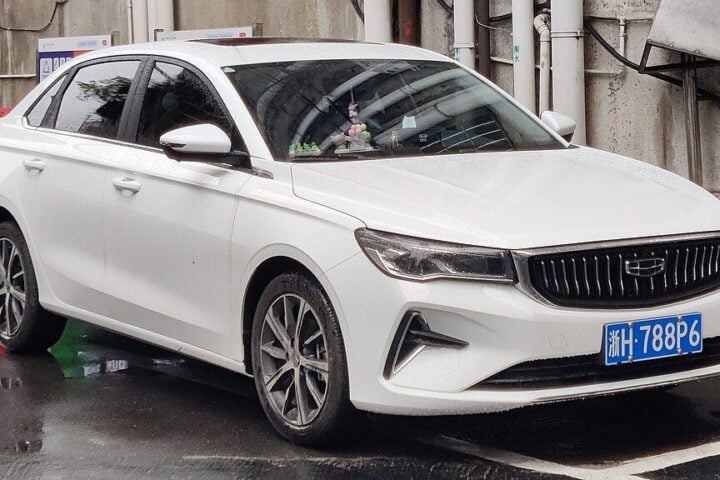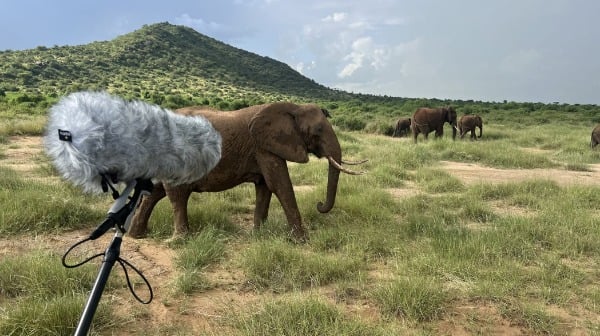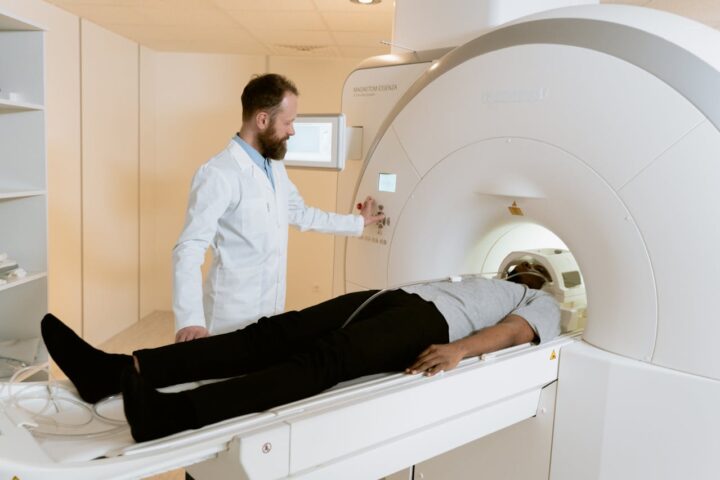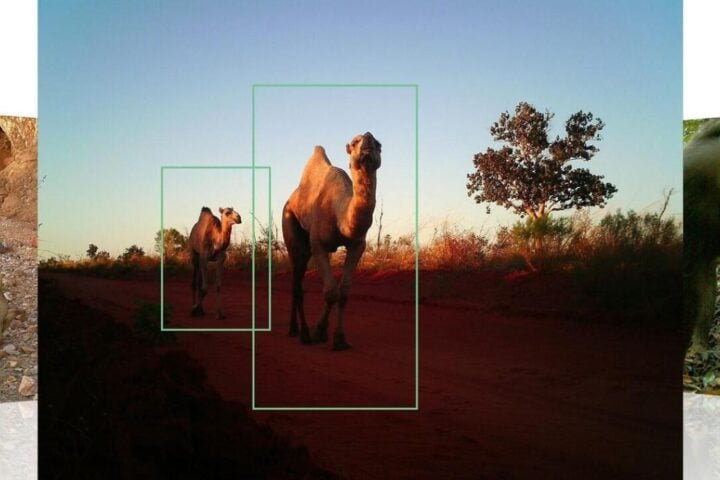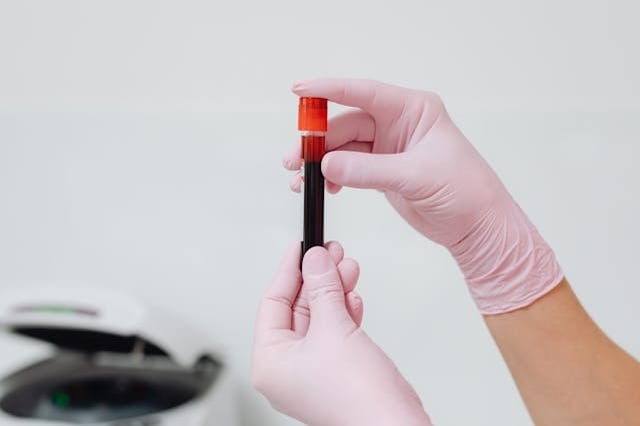OpenAI’s CEO, Sam Altman, warns that while generative AI, like ChatGPT, can boost productivity, it may also displace some jobs. AI development may present a “tremendous leap forward” for quality of life but also has the potential to create disinformation and economic shocks.
In an interview with The Atlantic, Altman contests the notion that AI’s impact on the workforce will be solely positive, asserting that some jobs are “definitely going to go away.”
AI technologies can assist workers to be more productive and alleviate the burden of mundane tasks, improving workflow efficiency.
The increasing integration of AI tools like ChatGPT in various industries suggests not a complete job replacement, but a shift in the nature of work. Since its launch, ChatGPT has been utilized in diverse applications such as providing real estate advice, business startup tips, and even generating music.
Investment in industry-specific generative AI tools indicates a growing belief in their problem-solving capabilities within sectors like healthcare and marketing. Altman anticipates society will need to adapt to generative text much like we adapted to calculators, forecasting both significant changes and benefits.
Misuse of AI tools, misinformation, and the risk of dehumanization are potential pitfalls as these technologies become more commonplace in the workforce. Despite potential job displacement, AI adoption could also catalyze the creation of new, potentially higher-paying jobs.
Similar Post
A pertinent question that arises is whether workers displaced by AI will be able to transition into these new jobs created. Historical precedents, like the automation of telephone operators, suggest that some demographic groups may struggle more than others in adjusting to technological changes.
ChatGPT, while a powerful tool, still has its limitations and is continually being improved since its launch.
The potential for AI tools to replace humans in their jobs has ignited both concern and skepticism among experts and the general public. Despite optimism that AI will simply aid humans in their jobs, Altman maintains that some jobs are certainly going to be displaced by the technology.
OpenAI could have developed an even more potent version of ChatGPT, but the public readiness for such an advanced tool remains a concern. Altman suggests that people need time to adjust to the idea of a powerful new intelligence cohabitating with humans, positioning ChatGPT as a soft introduction.
During his visit to India, Altman echoed his sentiments on the dual-edged nature of AI, acknowledging the creation of new jobs alongside displacement. Altman observed that every technological revolution leads to job changes and adaptation, and AI will be no exception.
The concept of “better jobs” emerging from the adoption of AI points to opportunities that are currently difficult to envisage. Altman admired India’s embrace of AI and expressed plans for building AI startups in the country, indicating a global shift towards AI acceptance.
The need for regulation of AI was addressed, highlighting the balance between innovation and control.
AI’s potential impacts extend beyond the economic realm to societal changes, as people grapple with the prospect of coexistence with advanced AI. While AI brings new opportunities, it is important to prepare for the challenges it presents to avoid being caught off guard.
AI is not just a supplement or a tool; it is a transformative technology that will fundamentally reshape our work and our lives. As AI continues to evolve and improve, its integration into various sectors will likely deepen, redefining the future of work. The unfolding narrative of AI’s role in our society calls for vigilance, adaptation, and a proactive approach in navigating its impacts.
